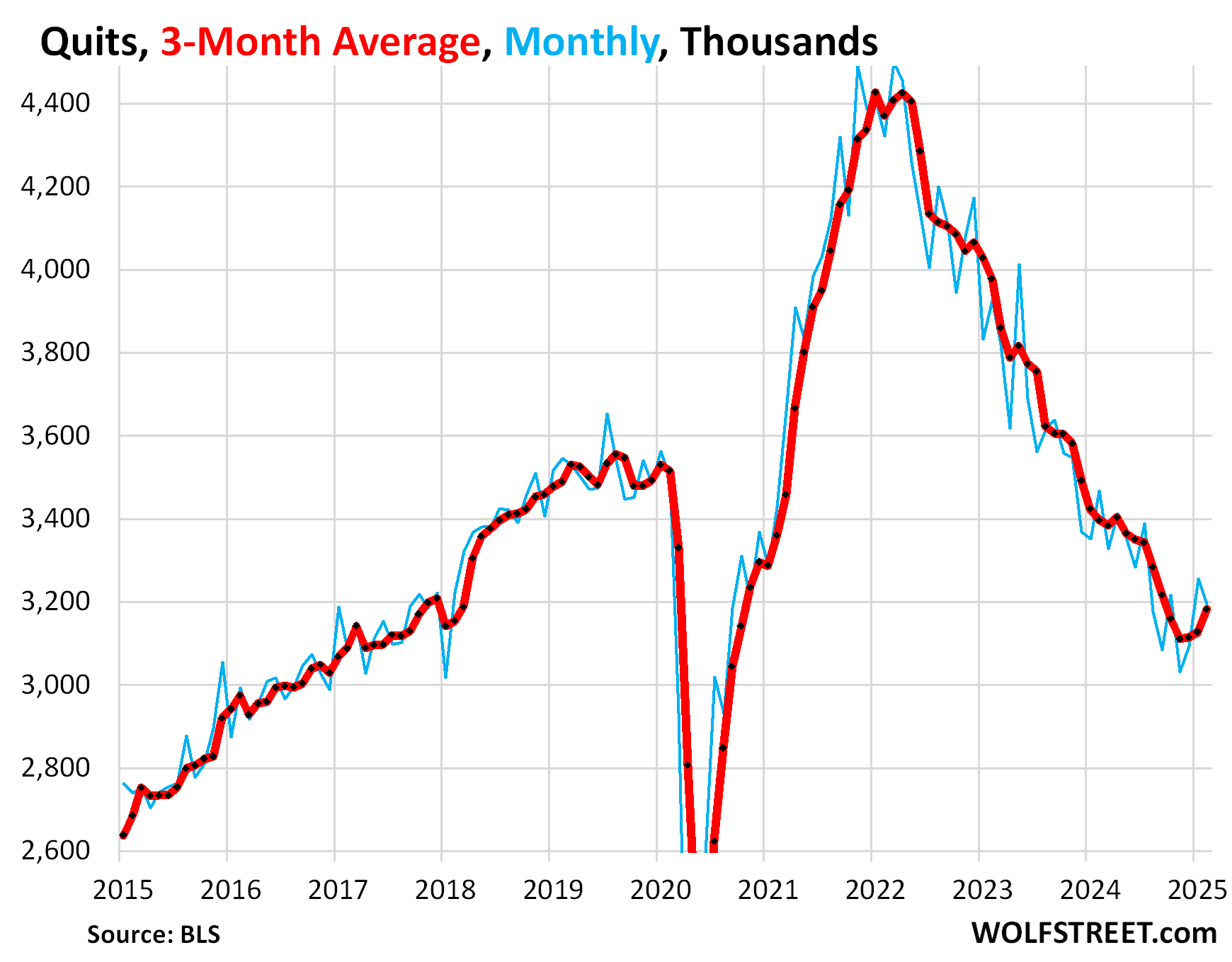
Dollar Tumbles as Global Markets React to Tariff Shockwaves
So here’s what’s going on right now — and it’s big. The euro and Japanese yen have absolutely surged against the U.S. dollar, and investors everywhere are scrambling to reassess what these new tariffs mean for the global economy. This all comes after President Donald Trump announced sweeping tariffs, including a 10% baseline on all imports and even steeper ones targeting major trading partners. Naturally, this has sent shockwaves through financial markets, and we’re seeing the immediate fallout play out in currency movements.
Now, when markets get spooked, investors usually run to safe-haven currencies like the Japanese yen and the Swiss franc — and that’s exactly what’s happening. The dollar has dropped to six-month lows against both. Just to put it in perspective: the euro is up a hefty 2.4% to $1.1109 — that’s its biggest single-day jump since late 2015. The yen gained 2.6%, and the Swiss franc surged over 3%. We’re talking serious moves here.
Also Read:- Rey Fenix Shocks WWE Universe With Stunning SmackDown Debut Win
- Jamal Murray Sidelined as Nuggets Face Crucial Road Test vs Warriors
And it’s not just about currencies. Global stocks took a hit, gold prices are rising, and bond yields are dropping — all classic signs that fear is creeping in. Investors are worried this might spark a full-blown trade war, one that could hurt growth and fuel inflation. Some even say it’s rattling confidence in the U.S. dollar itself. Deutsche Bank warned about a potential "crisis of confidence" — that's not something they throw around lightly.
Adam Button from ForexLive put it bluntly: the U.S. is no longer chasing short-term growth the way it used to, and markets don’t quite know what to do with that. It’s like we’re entering a new era of economic thinking from Washington, and investors are still trying to figure out the rules of this new game.
Interestingly, even though we got some weak U.S. data from the ISM showing services slowed down, and other signs of sluggish consumer activity, the dollar didn’t really react to that — because right now, it’s all about these tariffs and their potential ripple effects.
And the global response? It’s not looking too friendly. The EU’s top official, Ursula von der Leyen, already called the tariffs a blow to the global economy and said the bloc is ready to hit back if necessary. China’s yuan also slipped initially but then found its footing again. Meanwhile, Canada and Mexico — both of whom already deal with heavy tariffs — actually saw their currencies strengthen, which says a lot about where investor sentiment is headed.
Bottom line? These tariffs have flipped the script. We’re seeing not just market volatility, but possibly a broader shift in global financial dynamics. The dollar’s dominance is being questioned, safe havens are back in vogue, and every investor is watching how the next few weeks unfold. Buckle up — this ride might just be getting started.
Read More:

0 Comments